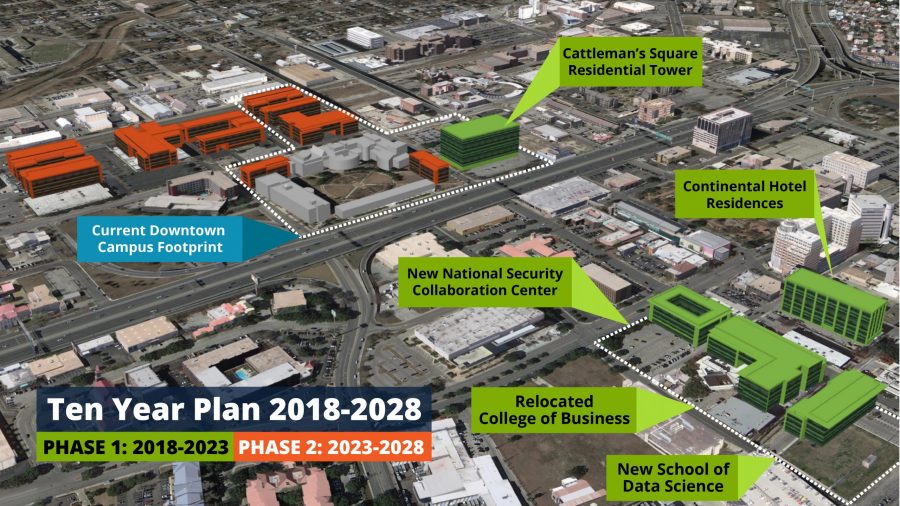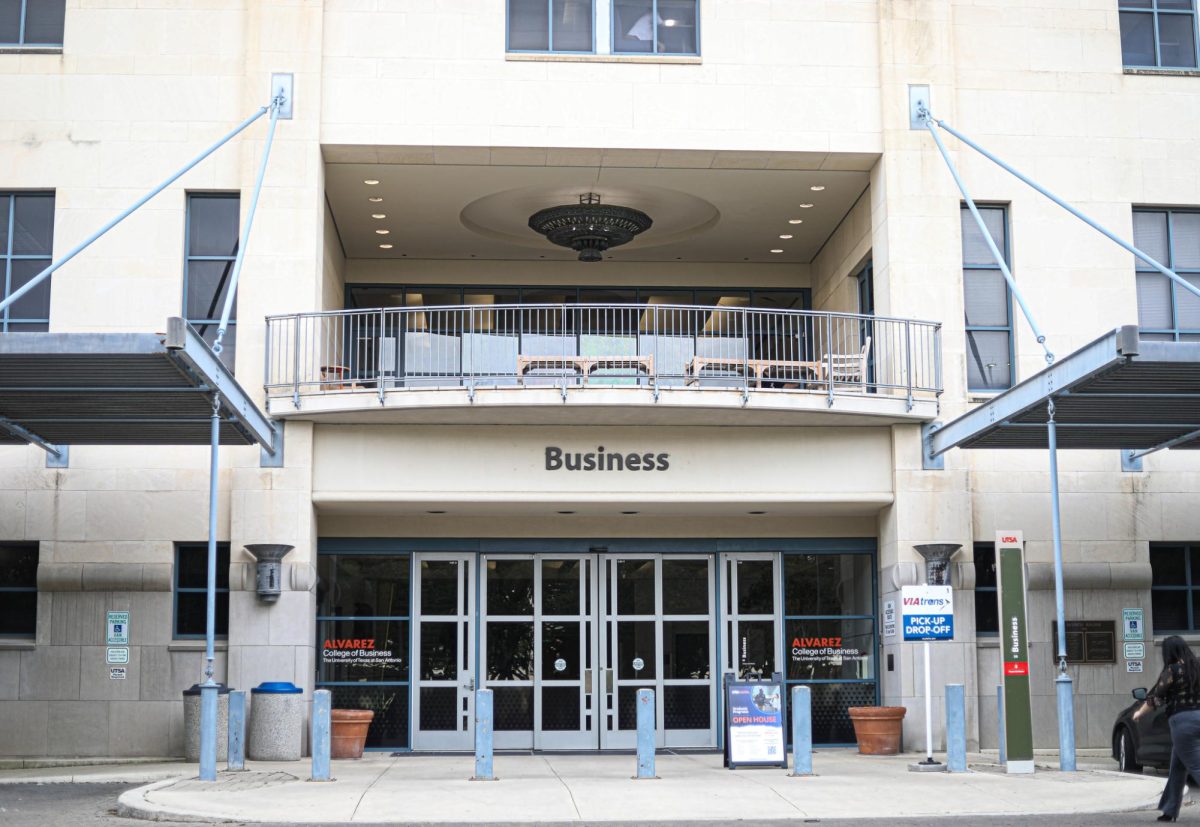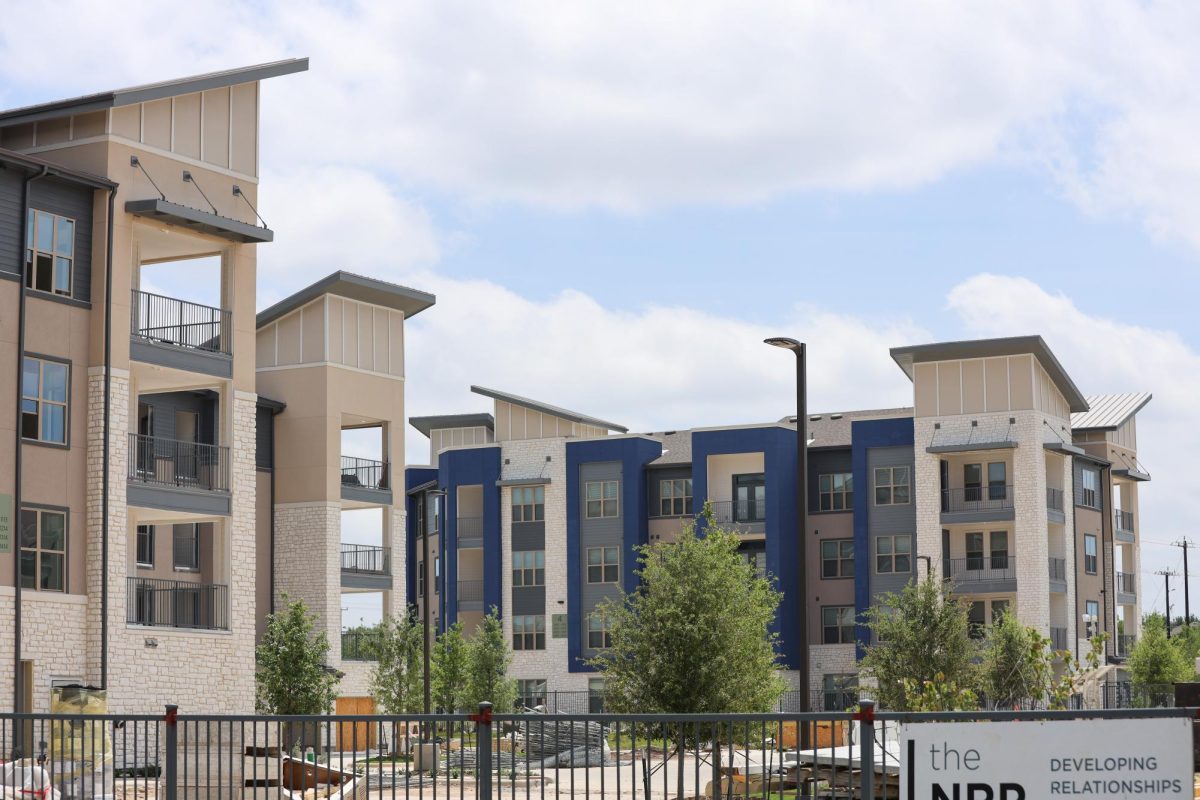UTSA will begin constructing new buildings on the Downtown Campus in 2019 while also seeking tuition revenue bonds (TRB) from the Texas Legislature for a new College of Business building – which will begin construction in 2020 – with plans to transition the College of Business downtown.
Earlier this month, UTSA received $70 million from the UT System Board of Regents, as well as another $15 million donation – the biggest in UTSA history – from entrepreneur Graham Weston, former chairman of Rackspace Hosting and co-founder of Geekdom and WestonUrban. With $5 million already in funds, UTSA has a 10-year plan to expand the Downtown Campus.
The 10-year plan will be implemented in two phases. From 2018 to 2023, UTSA will focus on building new facilities. Weston is most excited about the first building: The School of Data Science. The new school will educate students in cybersecurity, computer engineering and computer sciences, such as data analytics.
Weston hopes that “The School of Data Science will bring thousands of the most innovative students, faculty and researchers together and will accelerate everything else in our downtown tech ecosystem.”
A National Security Collaboration Center will be built close to the School of Data Science to establish San Antonio as a cyber-hub, and to create more opportunities for cyber research. The center will also connect UTSA to government agencies such as the Federal Bureau of Investigation (FBI), U.S. Secret Service and Department of Energy (DOE), to name a few confirmed partners.
A new residential facility, Cattleman’s Square Residential Tower, will be built to house students. It will consist of two floors of underground parking, two floors of retail and restaurants and 10-15 floors of student housing. Additionally, an existing hotel will be renovated into the Continental Hotel Residence to provide housing and parking for faculty and to establish a downtown residential environment. Construction for the new buildings is expected to be completed in Fall of 2021.
During the first phase of the 10-year plan, a new College of Business building will be built. Currently, 6,700 students are enrolled in the College of Business at the Main Campus and lack of space is a growing issue. While the addition of the new School of Data Science and the National Security Collaboration Center will bring more students downtown, the new College of Business will impact the Main Campus.
The details are still being worked out, but President Eighmy hopes to increase the number of students in the College of Business from 6,700 to over 10,000 by the end of the 10-year plan.
Regarding the current Main Campus’ Business Building, Eighmy said, “Some of it will be used for programs in the College of Business that need to be offered on the Main Campus, but some of it is going to be made available to other departments that are in desperate need of space right now because we have a very large academic space deficit.”
No plans are finalized regarding student parking and transportation, so many students voiced concerns regarding travel between the two campuses.
“Because I live near the Main Campus, I don’t want to go downtown,” said Yifan Wei, a freshman finance major.
The two campuses are approximately 15 miles apart, a 20 minute drive one-way. Otherwise, bus transportation is an option. The VIA Metropolitan Transit offers a semester pass for $38 and takes between 30 and 40 minutes to reach either campus.
After the first phase, the 10-year plan will wrap up with an Urban Education Institute partnered with SAISD, a School of Entrepreneurship and Innovation and an Urban Science Institute, but the second phase does not begin until 2023.












